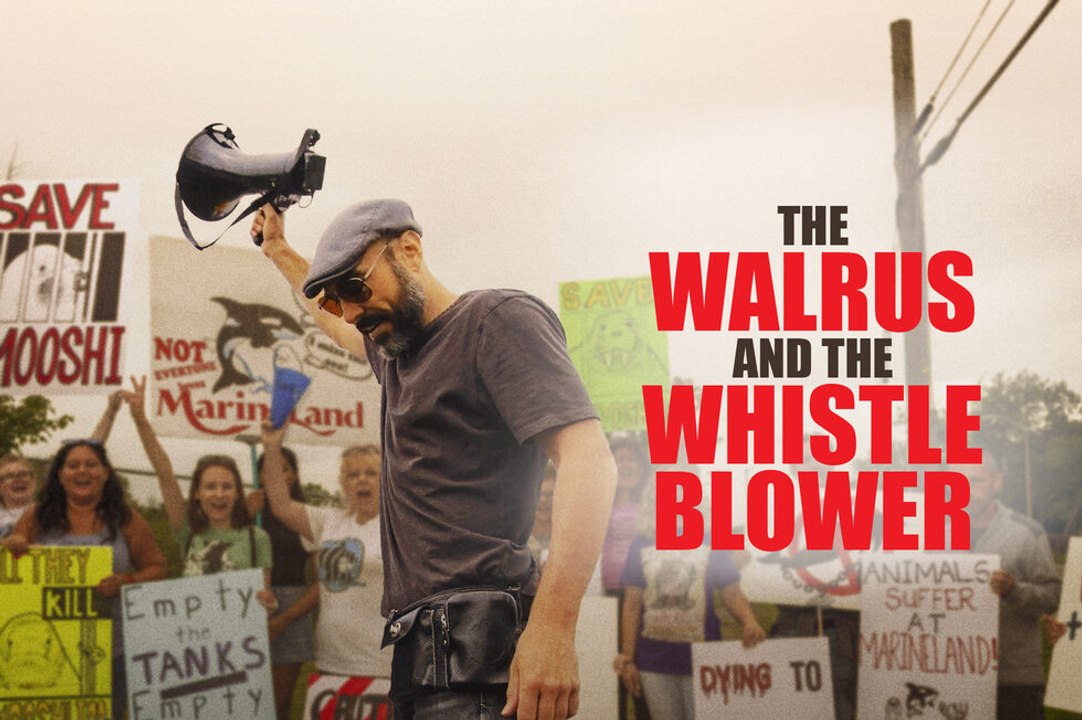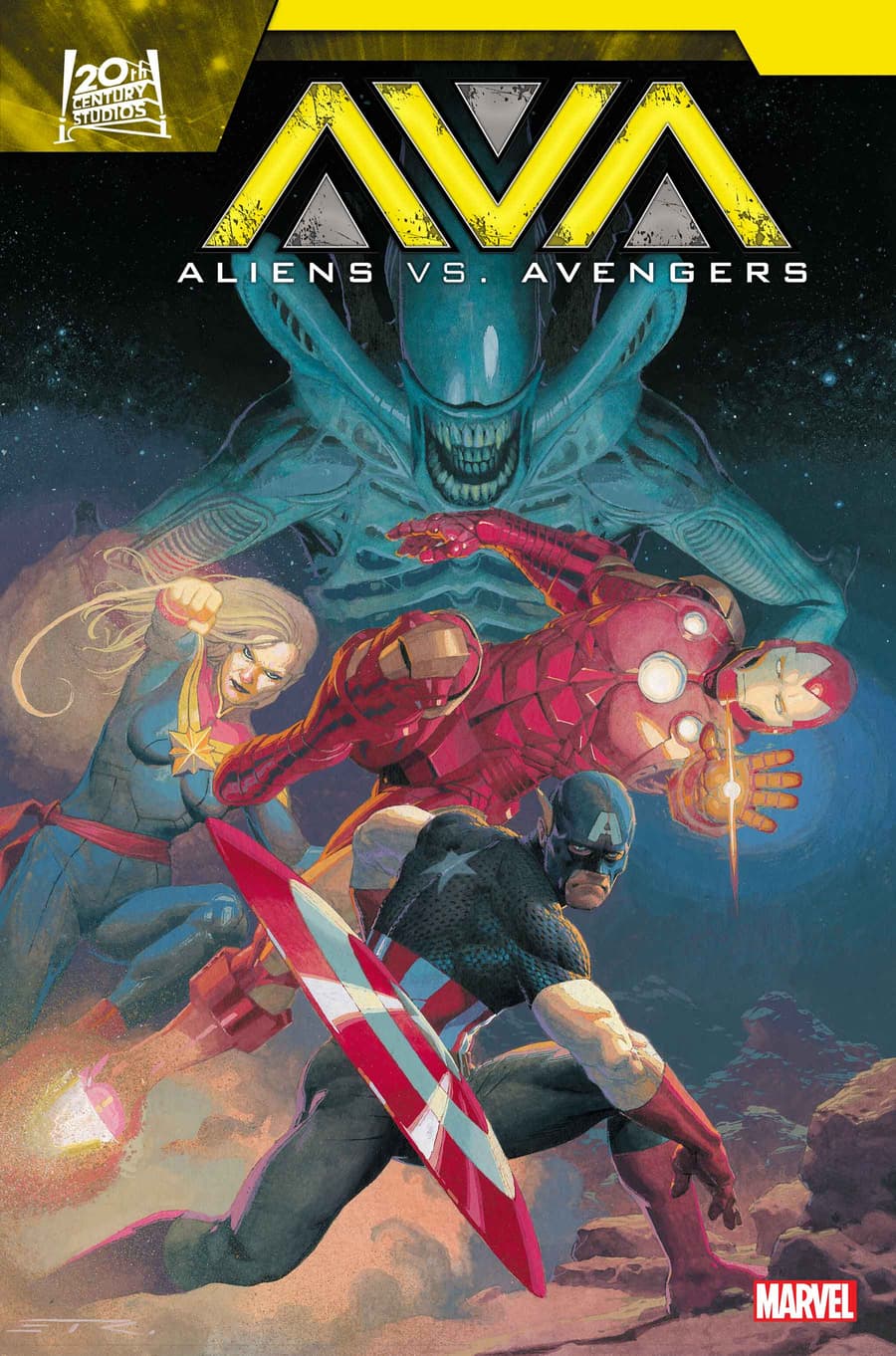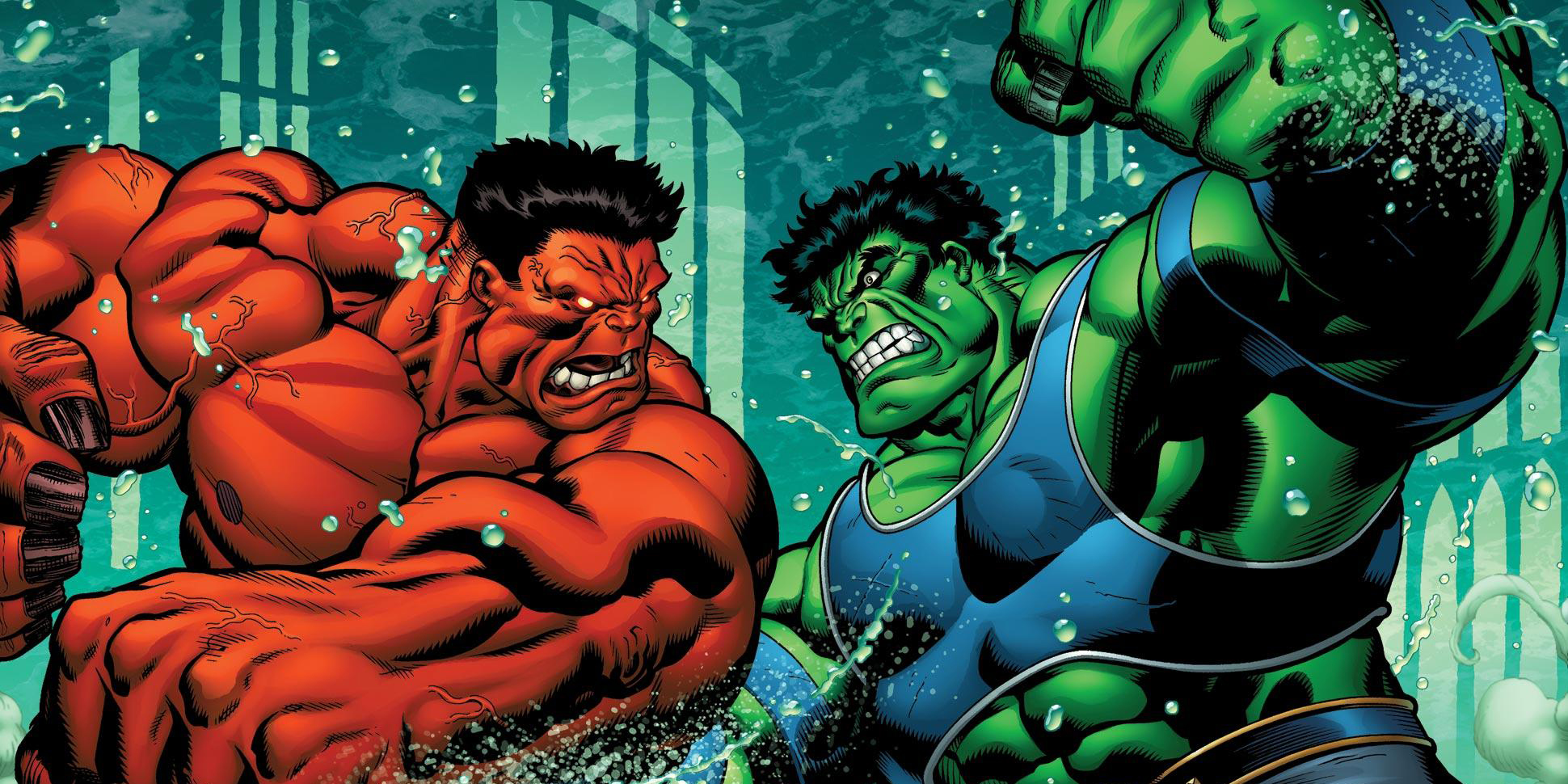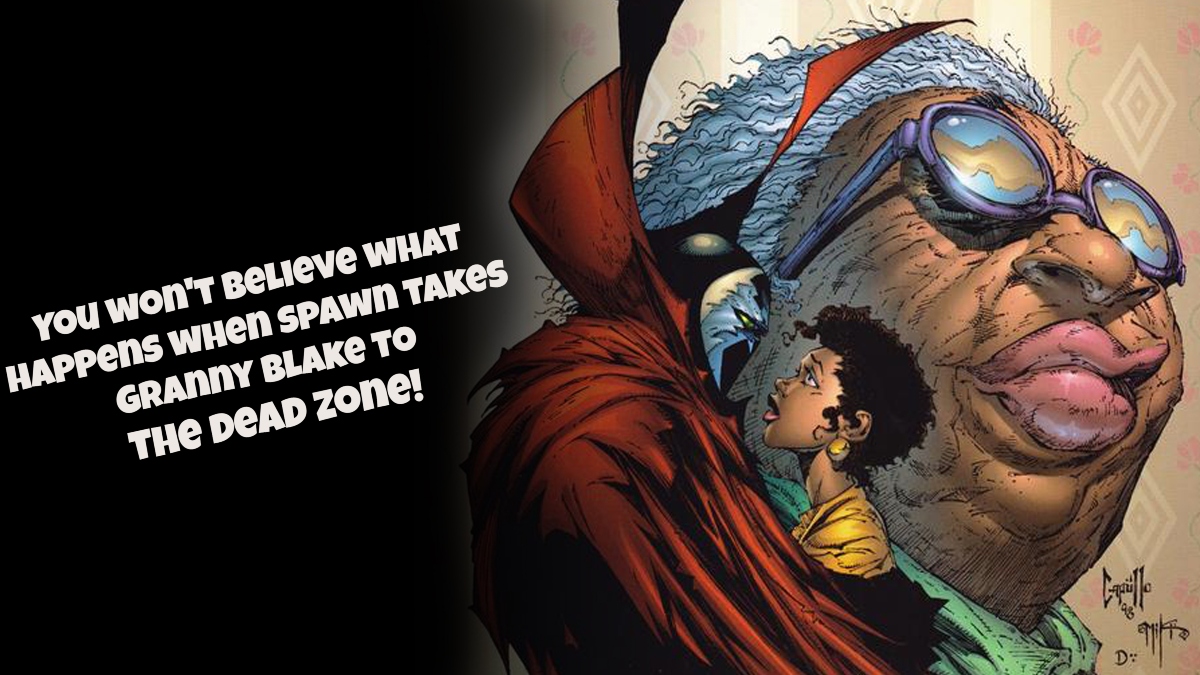Earlier this year we were exposed to one of the craziest documentaries in history with Tiger King. What was supposed to be a documentary about the inhumane treatment of tigers turned into a reality show of characters. Unfortunately the tigers and animals at the zoos lost out. The latest documentary The Walrus and the Whistleblower does the exact opposite and puts the animals at MarineLand front and center.
The documentary follows Part-time mailman and ex-trainer at MarineLand, the iconic amusement park in Niagara Falls, Phil Demers who is known as the Walrus Whisperer on Twitter, with over 27,000 followers. At the heart of the movement to end marine mammal captivity, he has appeared on the Joe Rogan show four times, testified before the federal government, and is being sued for $1.5 million for plotting to steal a walrus. His is a story about the cost and courage of speaking out when you have nothing to lose.
I had the opportunity to speak with Director/Writer Nathalie Bibeau about the journey to create this amazing documentary. You can read the interview below.
Nancy Tapia: Let’s talk about The Walrus and the Whistleblower. This is not your first documentary, what made you want to cover this topic in particular?
Nathalie Bibeau: Well, this is actually my first feature documentary. I’ve worked in the documentary industry for over 10 years, and I produced documentaries for public broadcasting, various episodes. I was a series director for a 7 part documentary series, among others. But this is the first time actually that I have pitched a project of my own conception and made it a feature doc. So it’s a fairly significant milestone for me. The reason I chose this story is because of my connection to it. The fact that I’d been following this story, which actually goes on in my old hometown for so many years was … I just needed a bit of a push to finally jump in and decide to make this film.
Nancy Tapia: So you actually attended Marineland once?
Nathalie Bibeau: More than once. Yeah. I mean, I grew up just outside of Marineland, and so I went as a kid. My parents would take me there, like most parents did in the Niagara region, and it was an institution. I mean, there’s a strong legacy there. The owner of Marineland is a self-made man who immigrated from Slovenia in the ’60s and built this empire for himself. So for a lot of years it was a gender knot, and it was something that was a bit of a rite of passage for any kid growing up there. Also the story of Phil Dimmers, he was a friend of my brothers when we were growing up. So I watched him do this flip in the public eye from being the poster child for captivity. This guy who was well known for being an excellent trainer at Marine land all of a sudden becoming a whistleblower. So those two, understanding those two sides of the battle is what propelled me to pitch this film and make it.
Nancy Tapia: So this was a bit of a personal documentary too?
Nathalie Bibeau: Absolutely. Yeah.
Nancy Tapia: This news hit international news. I remember vaguely hearing about it. Honestly, watching the documentary, I was waiting for the happy ending of Smooshi being released, but little did I know, was not the case. So where’s Smooshi now?
Nathalie Bibeau: Well, Smooshi, as far as we know is still at Marineland, unless she’s been transferred. There were some rumors that she might have been transferred in the spring, but that turned out not to be true. She gave birth actually recently for the first time, she had a calf. We found this out a couple of days after we premiered this film in Canada. But since then, unfortunately, there’s been silence from Marineland on whether she’s still there, how she’s doing, even if she’s still alive actually after the birth or how her baby is doing. So there’s a lot of talk right now about where and how Smooshi is.
Nancy Tapia: So just releasing Smooshi would have just been so much easier and maybe this S-203 wouldn’t have even had passed. Although something good came out of it, and lead to drastic changes.
Nathalie Bibeau: Well, yeah, S-203 is something that bans the captivity of whales and dolphins in Canada, but not walruses. So Smooshi is not affected at all by this current law. There’s new legislation actually in Canada, that’s just being proposed now in the last couple of days that may eventually affect walruses. Certainly at the moment, they’re looking at putting restrictions on the captivity of elephants and great apes and writing in some legislative language that could include other species down the road. But for the moment, Smooshi is not affected by any legislation. Really, she is Phil’s… She’s really the center of Phil’s own private battle. This is really the cross that he bears, is her fate because of the connection that he had with her. So Marine land, you know, is not in a position to just put Smooshi back in the wild, we know that they can’t just release the walrus into the wild.
She doesn’t even have her tusks anymore. So, I mean, she’s not a candidate for that as far as we know, but what Phil’s fighting for is to try to get custody of her so that he can put her in a facility where he can have a bit of a connection with her and have access to her. But that brings up a lot of questions around this idea of ownership. You know? Why in our society, we feel that we can own animals. We love animals and we want to be close to them, but this idea that we can own a life is what this documentary is really about on all sides. You know? What does it mean to love and how far are we willing to go for something we love?
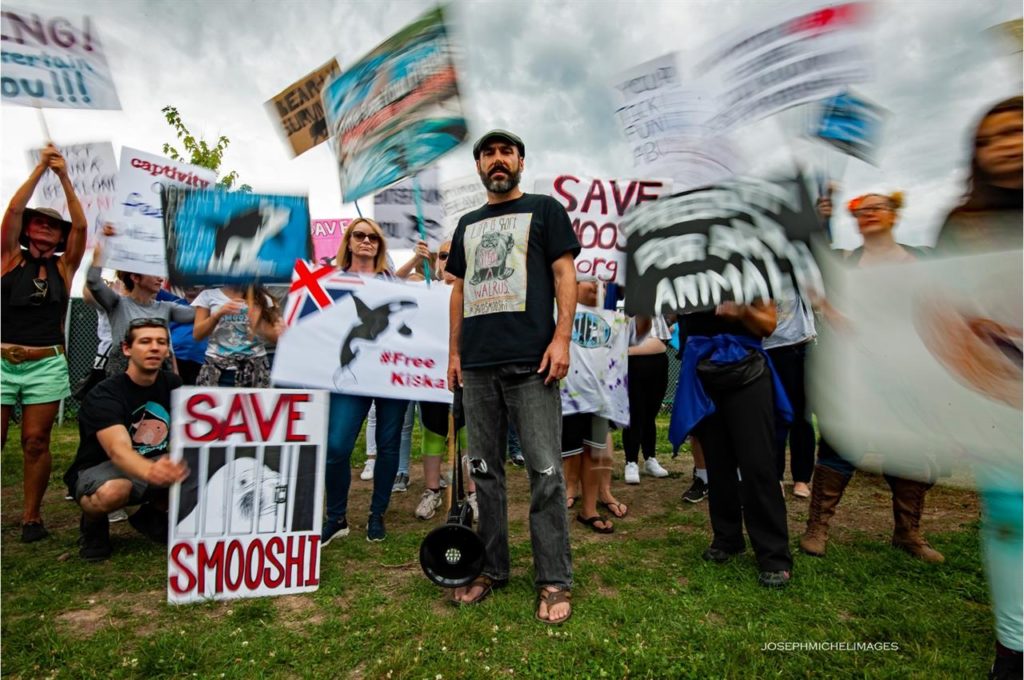
Nancy Tapia: It is surprising that Phil Demers has gone through all this. Also leads to wonder what would he do with her?
Nathalie Bibeau: Absolutely.
Nancy Tapia: It’s not a creator he can just place in his backyard. What are you going to do?
Nathalie Bibeau: Or in his bathtub.
Nancy Tapia: I later understood that he is just looking for a better living environment, better living conditions, space. Perhaps stop Smooshi from being drugged like the documentary covers, which was really sad. That was very heartbreaking.
Nathalie Bibeau: Hmm. Well, it’s a common practice in the industry to drug animals for various reasons and to medicate them when they’re sick. So I think that that’s one thing I was very surprised to learn actually as well, which is why I felt it was important to include it in the documentary. But yeah, Phil’s looking for a better place for her, where again, most importantly, he can have access to her cause that’s ultimately what his dream is, but I really wanted this story to look at the universal values behind this fight. You know, what happens in a conflict, what happens on all sides to the human beings that are involved in fighting something as intensely as this. It’s a cautionary tale in a lot of ways about what can happen to both sides to David and the Goliath in the story, when you dig your heels in.
Nancy Tapia: Was it hard to get some of the former trainers to be a part of the documentary?
Nathalie Bibeau: It wasn’t. I think that we are at a place in history now where insiders are having more and more courage to be able to speak out. We have a lot of strong examples around the world of people who work inside industries, who’ve come out and are coming out with allegations of how things really are on the inside. And so… and particularly in the captivity industry with other films and other stories that have come out, trainers are speaking out more and more about how they feel and what it is that they’re seeing. So in this particular case trainers who worked at Marine land, and I spoke to trainers who worked there in the 70’s as well, were at first, a little afraid to speak. I mean, not Phil because he’s already out and he’s fighting his legal battle, but there were other trainers who were a little bit hesitant at first, but it didn’t take too much for them to decide to actually speak because I think they feel as if it’s the right time in history to do that.
Nancy Tapia: How long did it take that to film?
Nathalie Bibeau: It took two and a half years.
Nancy Tapia: There was a scene where you have camera’s shooting while Phil is listening to the live hearings. That was pretty intense.
Nathalie Bibeau: Yeah. No, I’m glad you felt that cause it was intense to live it too. I mean, we were together in that room for about eight hours waiting.
Nancy Tapia: Yeah, I saw sunlight and then it went dark. I was like, and this continues?
Nathalie Bibeau: Yeah.
Nancy Tapia: Was it all the same hearing?
Nathalie Bibeau: It’s actually a funny production story because we went in the afternoon assuming that it would be a few hours. So we actually didn’t go with lights. We were thinking we would shoot for a couple of hours and we’d be home, you know, by sundown. But we realized that by 6, 7 o’clock, we’re like, Oh my God, we’re starting to lose lights. So we need to keep following this. So we actually created our own lights with lampshades and, and sheets over bulbs and…to try to create this atmosphere so we could continue to film, but also still keep it beautiful because it was a certain aesthetic that I wanted to keep up in the film. But yeah, I know that was a super dramatic day, which ended up having a frustrating result. You know? Nothing happened that day.
Nancy Tapia: Seriously, when I was watching the documentary I was laying down. However, when that scene played, I actually sat up and I was like, what’s going to happen?
Nathalie Bibeau: I’m so happy to hear that. That’s great. I love that you felt the tension.
Nancy Tapia: I did. So what was one of the heartbreaking things to you learned during the process of filming?
Nathalie Bibeau: I think to see how the animals live on a day to day basis at some of these institutions, I will preface this by saying that not every institution keeps our animals in the same way. Some are kept outside all day long in larger enclosures, some are kept in even smaller enclosures. If you’re looking at places like China, the conditions are even worse, so there’s really a spectrum of conditions. But for me, it was this idea of containment. You know? I had never spent much time in zoos and aquariums other than when I was a little kid, because I had an instinctual resistance to seeing an animal contained for me to observe it.
I didn’t really have evidence that this was something, for reasons that I didn’t support it, but it was just an instinct that I had. So for me to look into Marineland in particular and see how the infrastructure is, the videos that Phil took back in the behind the scenes of how they live on a day-to-day basis for me was difficult because I realized that when you compare it to their natural habitat or you even compare it to what we, as humans are capable of giving them if we wanted to, this was not how I imagined it. So that was heartbreaking for me to see.
Also Check Out: Peter Macdissi And Sophia Lillis Share Fun Times While Filming Uncle Frank [Exclusive Interview]
Nancy Tapia: I understand from the documentary that there were several attempts in trying to speak to Mr. Holler, the owner of Marineland in the documentary. You approached the former owner that didn’t want to be a part of it. Did the give you a reason to not want to give his side of the story?
Nathalie Bibeau: No, they never explained it. Also, they never really even wanted to have any serious discussions about it, and I approached them more than 9 times. The reason for that was that, and you can’t tell from seeing the film, but what I ultimately wanted my vision for it was to have full access to both sides in the sense that… and this isn’t just to be ethical in terms of journalistic integrity, but this was my own personal interest. I wanted to know what it felt like to be on the other side of this guy’s Twitter machine, and what it is to be on the other side of even more importantly, a strong public opinion shift where history is changing beneath your feet.
You start a business and you’re the talk of the town and you create this legacy that everyone loves, and then all of a sudden, not everyone loves it.
How does that feel when you’re a part of an older generation and your values are not the same as younger peoples? So I was really hoping that we were at a stage in history where they would feel comfortable in being perhaps a bit vulnerable and actually allowing me to ask them some of these questions and see what it’s like to have to deal with this. But I was saddened when I got the same hostility that other journalists have gotten when they’ve tried to get access and get information from them. They’re not particularly forthcoming, generally speaking and unfortunately they behaved in the same way with me as well.
Nancy Tapia: Yeah. It would have been nice to hear both sides.
Nathalie Bibeau: Oh yeah. I think the humanity behind it, particularly for me, would have been of great interest.
How is it that they defend themselves? What do they have to say about all of this? But, I think they’ve made a decision. They made a public statement after the film came out, that they’re no longer responding to these kinds of claims publicly, so I think they’re trying to move past it. Unfortunately, I think the paradigm is shifted to such a degree that eventually, they’ll have to make a decision on what to do with these animals and how to make a clear evolution towards a different path, particularly now that the owner has passed away.
Nancy Tapia: He passed away during the documentary. You also cover that there was a little bit of hope through his sons, John Mark Jr?
Nathalie Bibeau: Yeah.
Nancy Tapia: But he passed away shortly after that incident where he let Phil into the park.. That little bit of hope just like that, gone!
Nathalie Bibeau: Yeah, no, I know it’s really a Shakespearean tragedy in a lot of ways for all the characters in this film actually. I think it’s tragic for everyone who got involved in this and who’s fighting this fight and Johnny is right up near the top of the list. I think it’s very sad what happened to him and I’m sure that that was very painful for his father. I think there’s a lot of pain on all sides here.
Nancy Tapia: When Mr. Holler passed away, even Phil was saddened. Not exactly what you would expect, that wouldn’t be considered normal in this case. This is the person he had been fighting.
Nathalie Bibeau: Well, that’s what intrigued me the most and why I knew from the moment that happened, that that scene would be in the film because his tears and his grief were a surprise to me too. All I’d heard before was anger, so to see him break down like that and feel real empathy for Mr. Holler, his family, but also for himself. I mean, I think some people, when they see the film, they realize that this was a loss for Phil, not just because John had been a father figure, but also he lost his enemy. When you’re so gripped and so obsessive, and so singularly focused on a fight and you lose your enemy, it begs the question, who are you?
Phil says it, and I put this clip in the trailer where at the end of it, he says, who am I going to be without this fight? You know, because he’s invested so much in it, and he’s had such a tunnel vision around it, what’s outside of that for him? You know? So I think a lot of those questions were coursing through him when he found out John had died. He didn’t know where the conflict would go, what it would mean for him and the future of the conflict and the lawsuit…and so again, I came back to this idea that it’s a Shakespearean tragedy.
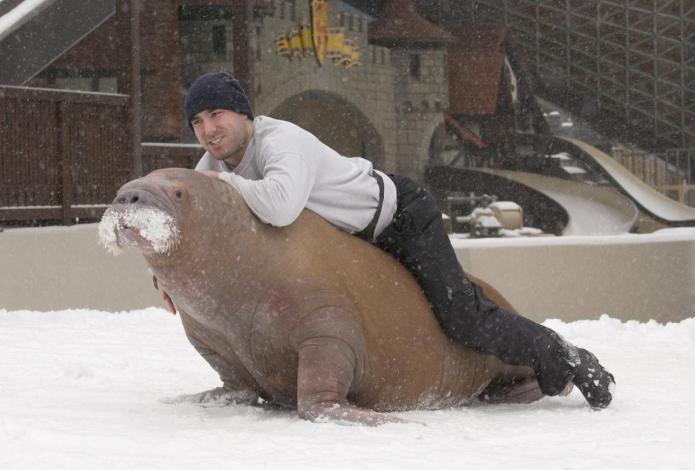
Nancy Tapia: Yeah. When I learned he has died, it made me wonder, what’s going to happen now? Then was like, wait a minute the lawsuit is against Marineland.
Nathalie Bibeau: That’s right. That’s right. Yeah, and we did think actually, and I think Phil particularly thought the lawsuit would fade away at that point and we were all shocked when it didn’t. So …
Nancy Tapia: Yeah. You’re probably thought that was the end.
Nathalie Bibeau: Yeah, and I was worried too, because he died actually quite early in production, in helmets, it’s in the last half, but in reality, it’s within the first 3 months of filming. So I was pretty concerned about what I would do with the story and, what did this mean, and very disappointed I wasn’t going to get to speak to him myself. You know? So it was a really destabilizing time also for the story to try to figure out where it was going to go, but I just was patient and watched it and kept filming, and it certainly kept evolving.
Nancy Tapia: Well, at this point we hope for Smooshi to be happy and follow on with “Save Smooshi.” Hopefully something good happens. But question remains, what would Phil do with her?
Nathalie Bibeau: Yeah, I know. I think he says in the film that he wants to transfer her to another facility, so that’s his practical dream, but his actual dream, I think is in some ways, it’s to go back in time and relive the love he had for her, and even he knows that’s impossible. You know? So he’s between a rock and a hard place here.
Nancy Tapia: At least if they would let him have access to her.
Nathalie Bibeau: Yeah, I hear you.
Nancy Tapia: Then Smooshi would be happy to see her mom.
Nathalie Bibeau: Yes, absolutely. That would be nice.
Nancy Tapia: That would be in a nice, civil world.
Nathalie Bibeau: That’s right, exactly. If we can let go of our stuff, and putting down arms on both sides, I think would be a great way for this to end for Marine land and Phil to come to some terms that they both felt were fair at the end of all this.
Nancy Tapia: Well, thank you so much. I enjoyed the documentary in a way where it brings you awareness and reminder that there are other animals in these parks, like the walrus. We seem to focus on the other sea animals like the whales and dolphins and sometimes the sea lions. But mainly for overall animal cruelty.
Nathalie Bibeau: Yeah. They need some attention, they need us to think about them too.
You can check out The Walrus and the Whistleblower on demand now.

 FOR FANBOYS, BY FANBOYS
Have you checked out LRM Online’s official podcasts and videos on The Genreverse Podcast Network? Available on YouTube and all your favorite podcast apps, This multimedia empire includes The Daily CoG, Breaking Geek Radio: The Podcast, GeekScholars Movie News, Anime-Versal Review Podcast, and our Star Wars dedicated podcast The Cantina. Check it out by listening on all your favorite podcast apps, or watching on YouTube!
Subscribe on: Apple Podcasts | Spotify | SoundCloud | Stitcher | Google Play
FOR FANBOYS, BY FANBOYS
Have you checked out LRM Online’s official podcasts and videos on The Genreverse Podcast Network? Available on YouTube and all your favorite podcast apps, This multimedia empire includes The Daily CoG, Breaking Geek Radio: The Podcast, GeekScholars Movie News, Anime-Versal Review Podcast, and our Star Wars dedicated podcast The Cantina. Check it out by listening on all your favorite podcast apps, or watching on YouTube!
Subscribe on: Apple Podcasts | Spotify | SoundCloud | Stitcher | Google Play

